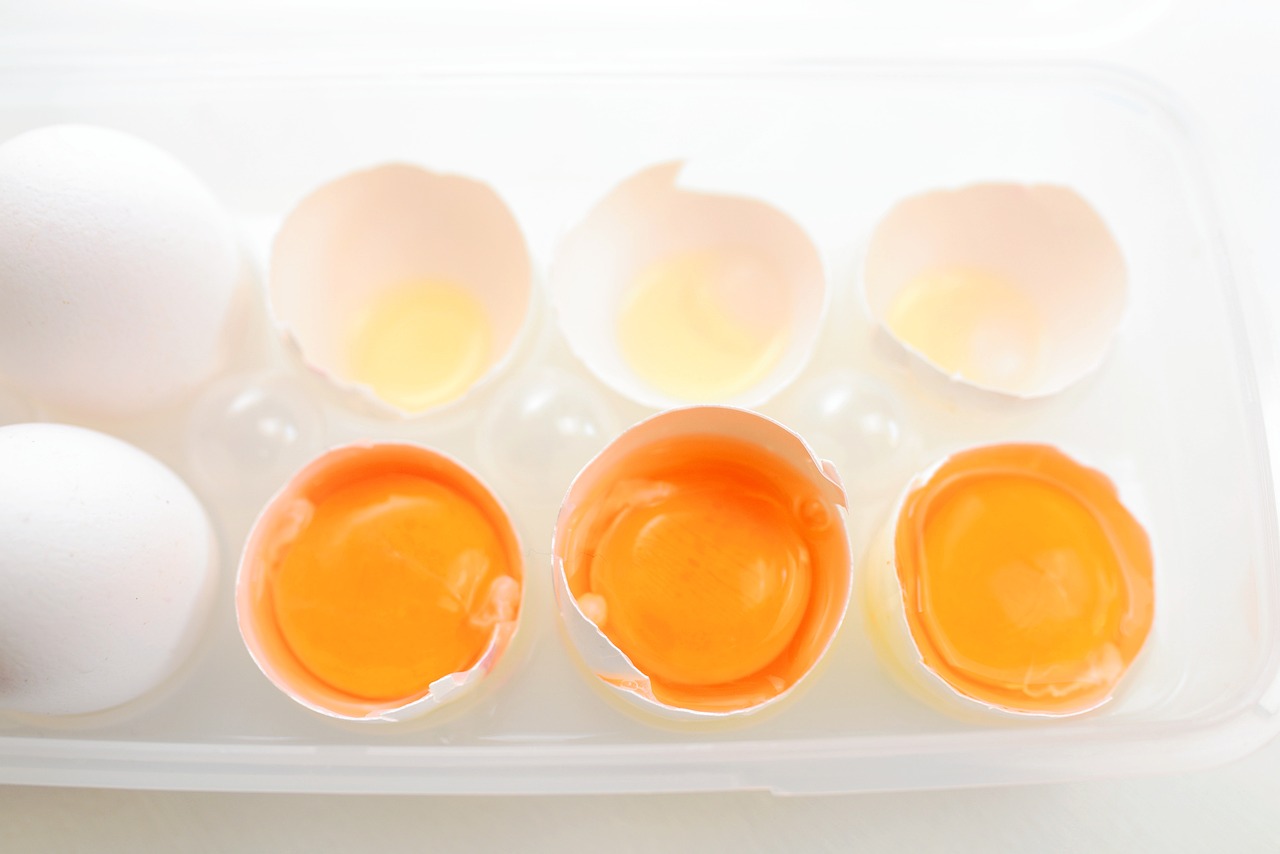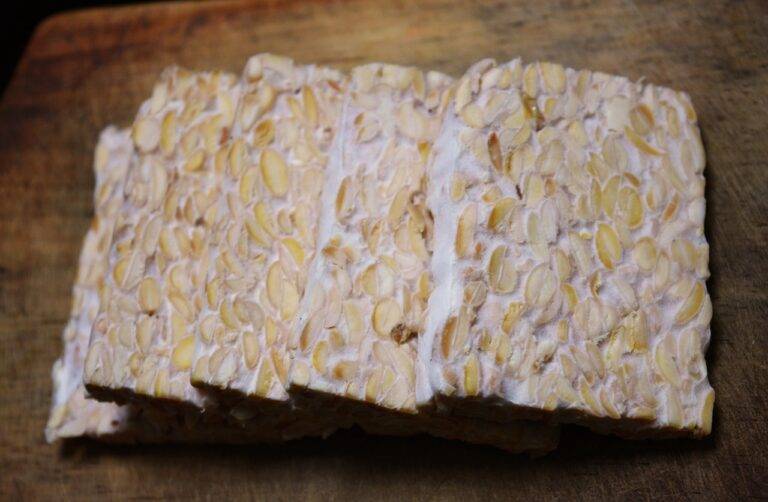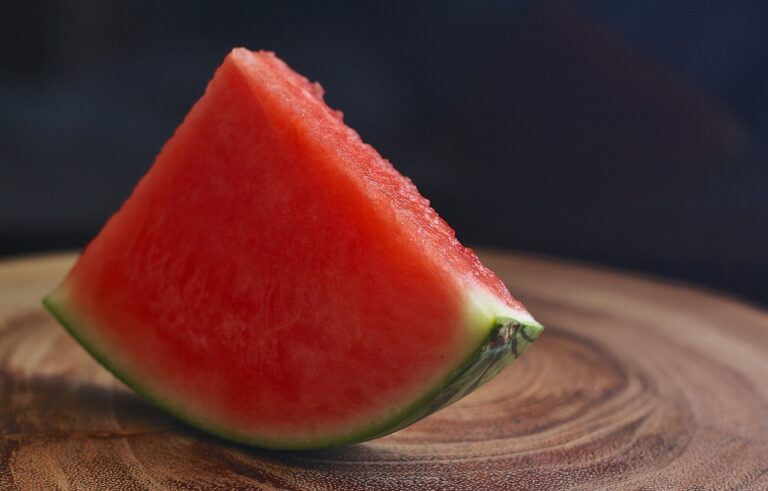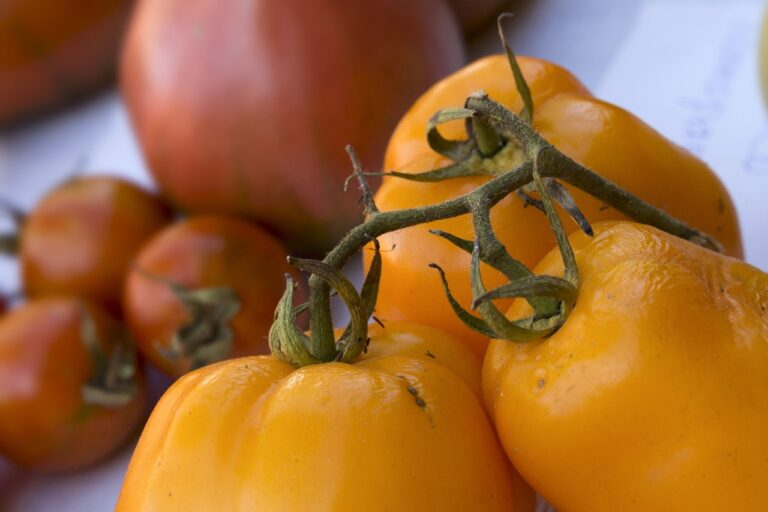Pasta and Memory: Nostalgia and Comfort in Food Choices: Cricbet99com, Sky11. Live login, Cricbet99 reddy anna
cricbet99com, sky11. live login, cricbet99 reddy anna: When it comes to comfort food, pasta is often at the top of the list for many people. Whether it’s a simple spaghetti with marinara sauce or a decadent fettuccine alfredo, there’s something about a bowl of pasta that can evoke feelings of nostalgia and warmth. But why is it that pasta holds such a special place in our hearts? In this article, we’ll explore the connection between pasta and memory, and how our food choices can be deeply rooted in nostalgia.
The Power of Nostalgia
Nostalgia is a powerful emotion that can transport us back to a simpler time. It’s the warm feeling you get when you smell a certain scent or hear a familiar song. Food, in particular, has a unique ability to evoke nostalgia because it’s so closely tied to our memories and experiences. Certain foods can bring us back to specific moments in our past, reminding us of happy times spent with loved ones or comforting us during times of sadness.
For many people, pasta is a classic comfort food that reminds them of home-cooked meals shared with family. Whether it’s a Sunday dinner tradition or a favorite dish from childhood, pasta has a way of triggering feelings of comfort and familiarity. This connection between food and memory is why pasta is often a go-to choice for people seeking solace or a sense of security.
The Role of Comfort in Food Choices
When we’re feeling stressed, anxious, or simply in need of a pick-me-up, we often turn to comfort foods to help us feel better. These foods are typically high in carbohydrates, fats, and sugars, which can trigger the release of feel-good chemicals in our brains. Pasta, with its rich and hearty flavors, fits the bill perfectly as a comfort food that can provide a sense of emotional well-being.
But comfort food isn’t just about the physical sensation of eating; it’s also about the emotional connection we have with certain foods. Pasta, with its wide range of shapes, sizes, and sauces, can be customized to fit our individual tastes and preferences. Whether we prefer a creamy carbonara or a spicy arrabbiata, pasta offers a versatile canvas for us to express our culinary desires and find solace in a familiar dish.
The Ritual of Pasta-Making
For many people, the act of preparing and cooking pasta can be just as comforting as eating it. The process of kneading dough, rolling it out, and shaping it into noodles can be a meditative and soothing experience. The familiar routine of making pasta from scratch can provide a sense of structure and control in an otherwise chaotic world.
In addition to the physical act of pasta-making, there’s also a sense of tradition and heritage associated with homemade pasta. Many people have fond memories of watching their grandparents or parents make pasta from scratch, passing down family recipes and techniques through generations. This connection to our cultural roots can add an extra layer of nostalgia and comfort to the act of making and eating pasta.
Pasta and Memory: A Personal Connection
Our food choices are deeply intertwined with our personal histories and experiences. For some, pasta may remind them of a special trip to Italy or a romantic dinner with a loved one. For others, pasta may bring back memories of a childhood birthday party or a cozy night in with friends. Whatever the case may be, pasta has a unique ability to trigger a flood of memories and emotions that can transport us to another time and place.
As we navigate the ups and downs of life, it’s important to lean on comforting rituals and foods that bring us joy and solace. Whether it’s a bowl of spaghetti with meatballs or a bowl of penne alla vodka, pasta can be a source of comfort and nostalgia in a world that often feels uncertain and chaotic. So the next time you’re feeling down or in need of a little pick-me-up, consider turning to a familiar bowl of pasta to help soothe your soul and stir up fond memories.
FAQs
Q: Is pasta healthy to eat regularly?
A: While pasta is a delicious and comforting food choice, it’s important to enjoy it in moderation as part of a balanced diet. Opt for whole wheat or gluten-free options and pair your pasta with plenty of vegetables and lean proteins to make it a nutritious meal.
Q: Can pasta be frozen for later use?
A: Yes, pasta can be frozen for later use. Simply cook the pasta al dente, rinse it with cold water, and toss it with a bit of oil to prevent sticking. Freeze the pasta in a single layer on a baking sheet before transferring it to an airtight container or freezer bag.
Q: How can I elevate my pasta dishes?
A: To take your pasta dishes to the next level, experiment with different types of pasta shapes, sauces, and toppings. Add fresh herbs, grated cheese, or a drizzle of high-quality olive oil to enhance the flavors of your dish. Don’t be afraid to get creative and try new combinations to make your pasta dishes truly spectacular.







